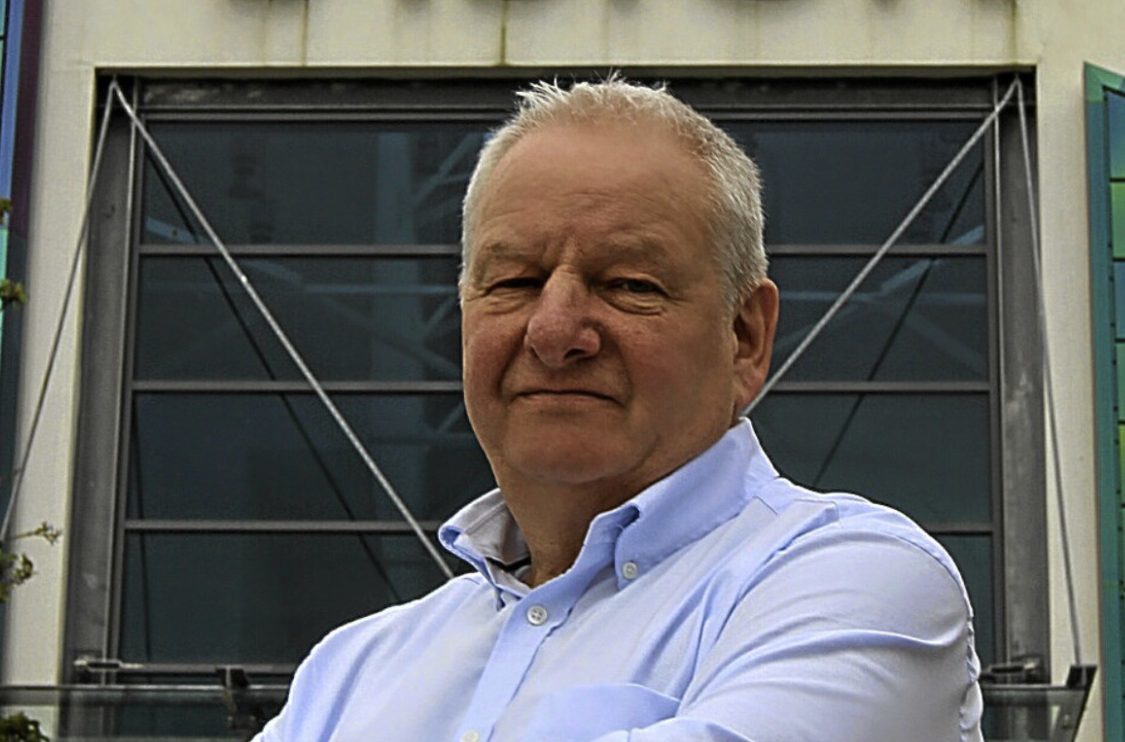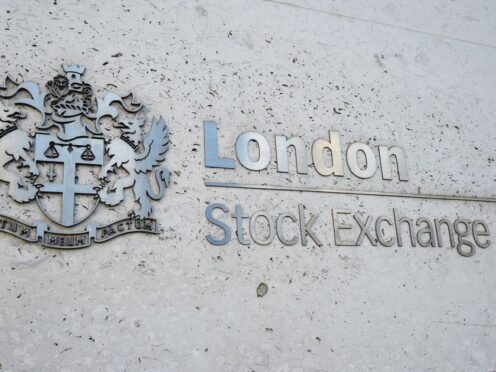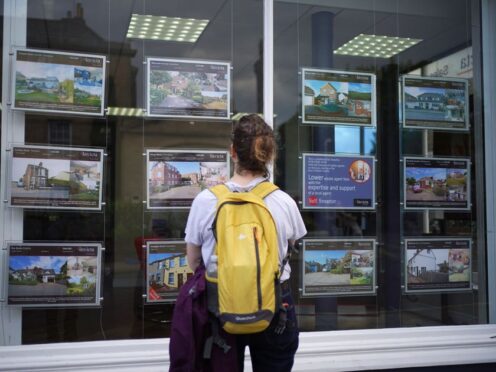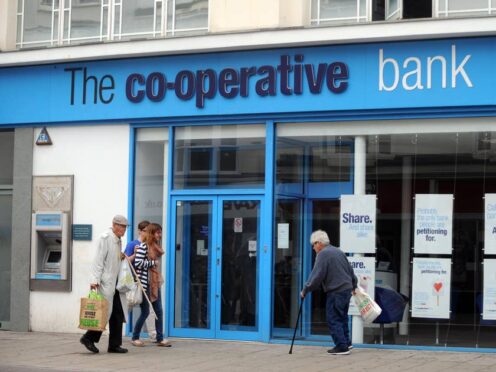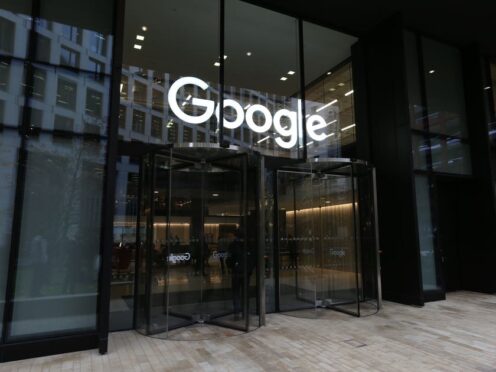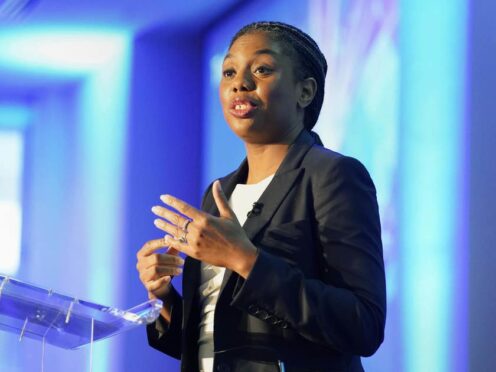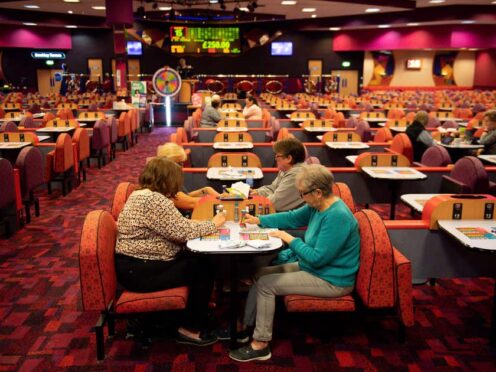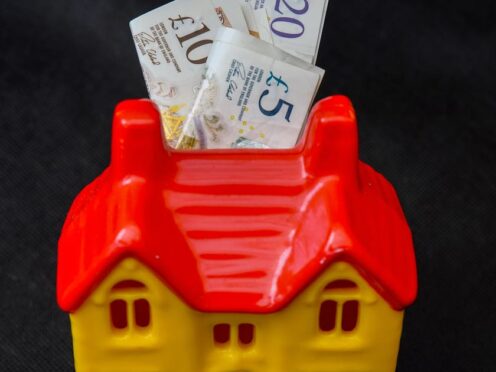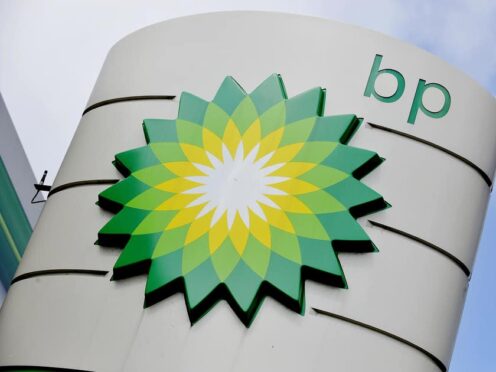The UK Games Fund has received a record-breaking number of submissions for its latest funding round.
The Dundee-based organisation said it had received a total of 235 funding applications from a mix of established and start-up studios.
A total of around 25 of the applications came from Scottish-based developers, the fourth largest cohort behind submissions received from London, the south east and south west.
Further analysis of the data shows just 12% of applications were from female-led teams.
Collectively, the two UK Games Fund rounds have received more applications in a matter of months than the previous Prototype Fund received in four years.
The fund said its strategy of hosting application workshops and attending third-party events at various venues around the UK had helped to swell the numbers.
“The high level of response to our second round of applications clearly reflects the shifting scale and nature of the sector,” chief executive Paul Durrant said.
“Our team also ran the previous Prototype Fund from 2010-14 which attracted 300-plus applications over its four-year life.
“We’ve exceeded that in just six-months over both rounds of the UK Games Fund. We believe that this demonstrates a steadily increasing number of new, independent development teams with commercial ambitions, representing a significant proportion of the UK’s talent base. It’s crucial that we identify the best of these and support them towards creating economic value.”
